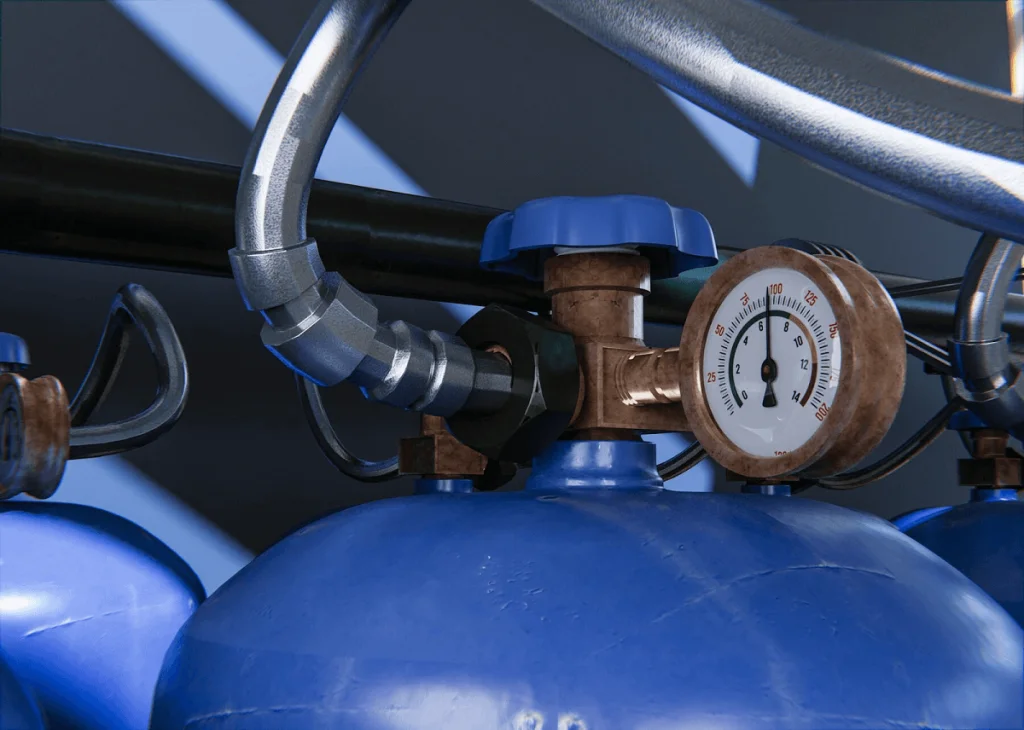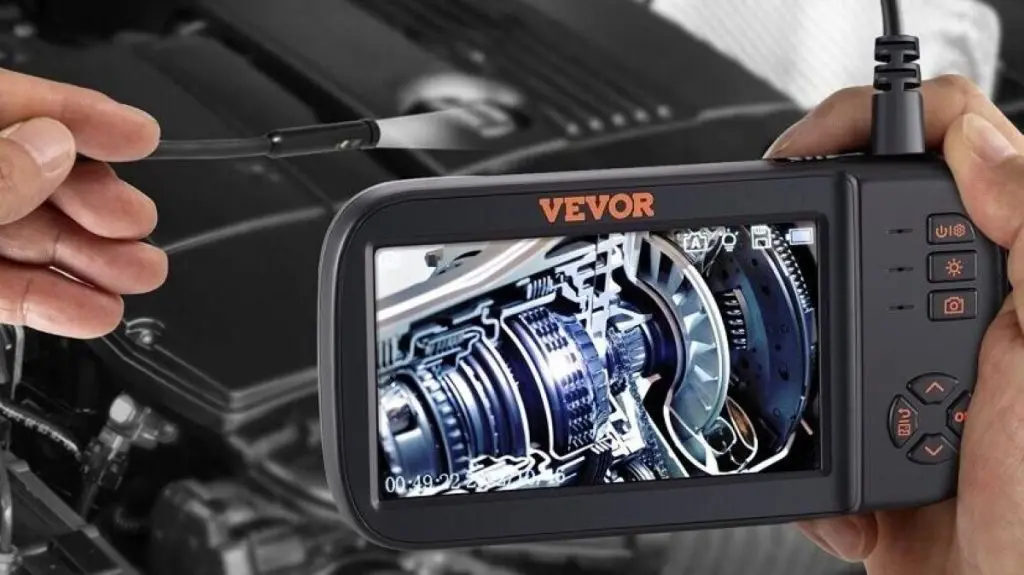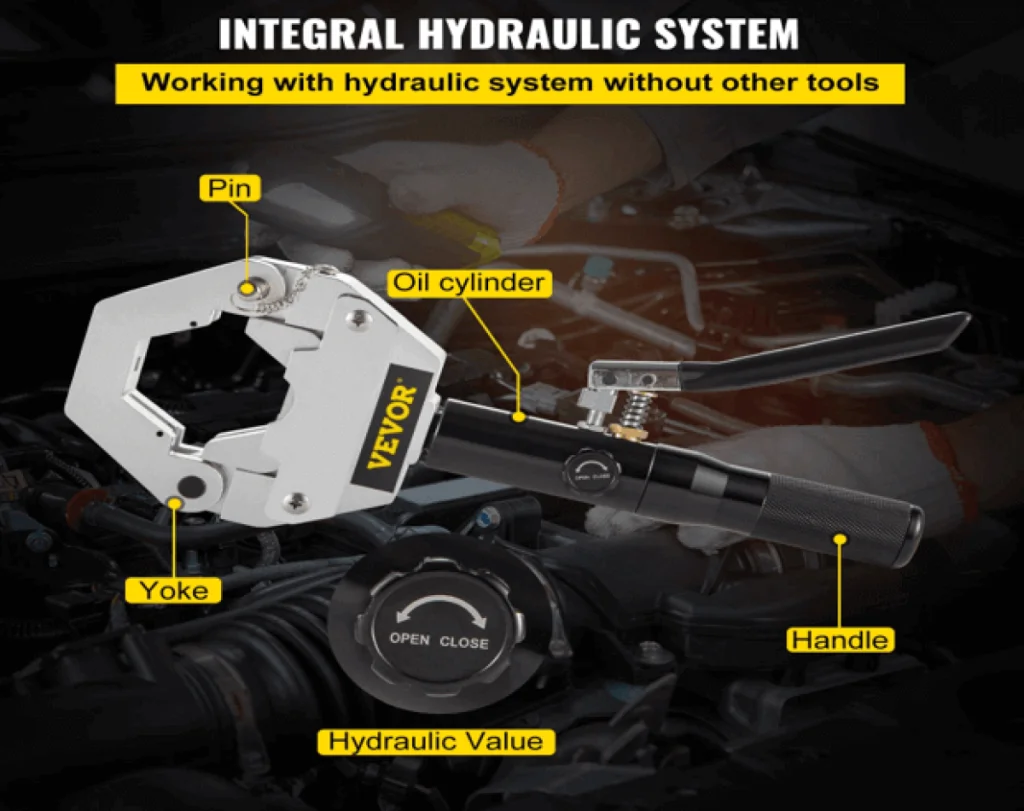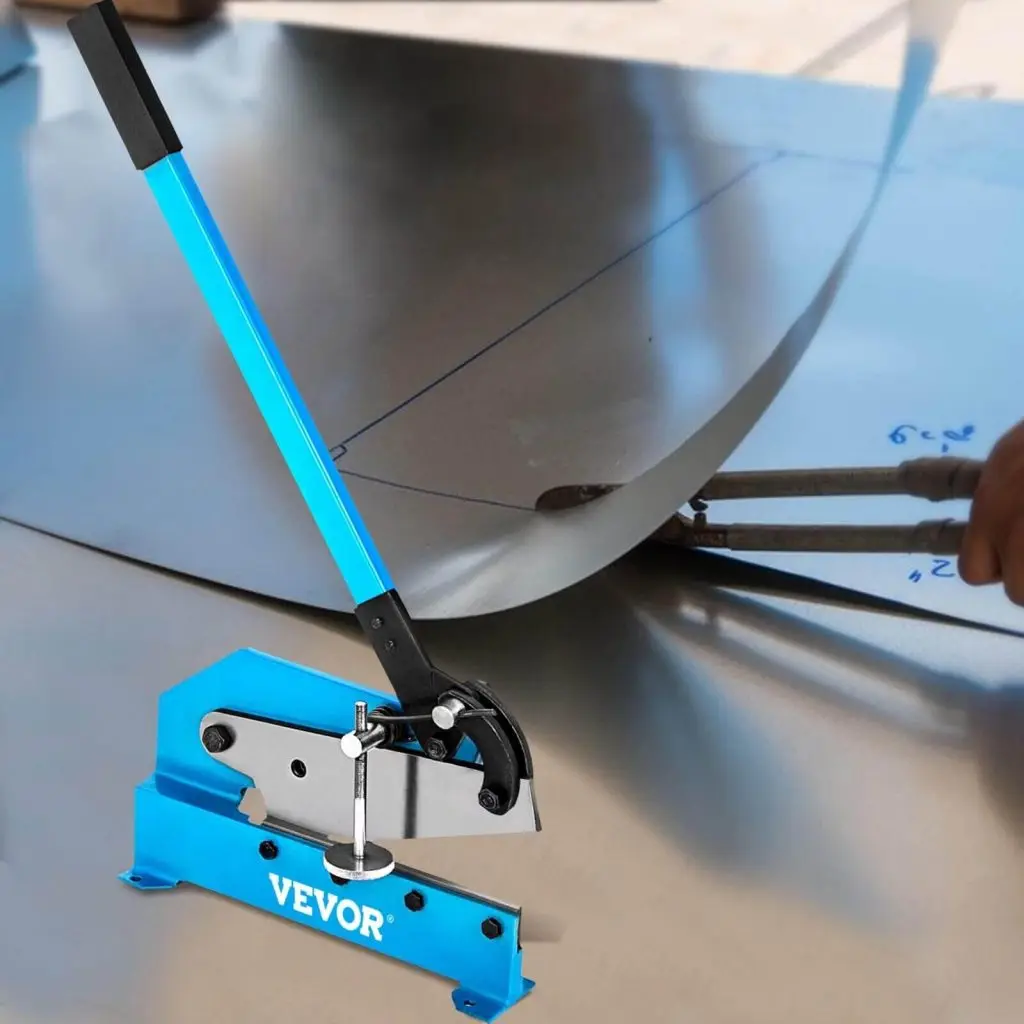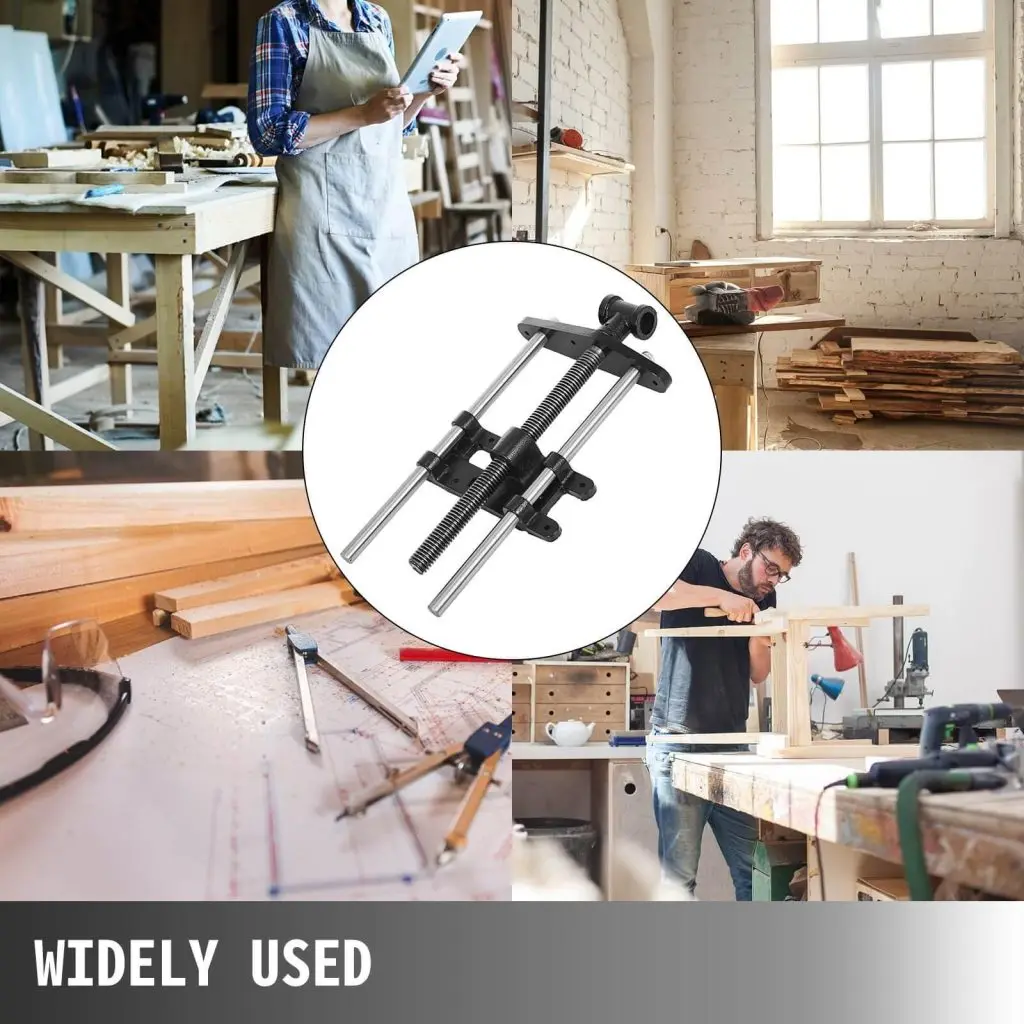If you have been wondering what an air compressor is? So, if you wish to learn the way these versatile devices work, you are in the right place. They are essential tools that aid in any movement from simple inflation of tires to the operations of a large industry. But let’s consider the definition of an air compressor and how it might make a difference
This question is often asked by a few people who are new to using pneumatic tools or using industrial equipment. In its simplest terms, an air compressor can be defined as a device that pumps or compresses air at atmospheric pressure transforming power to potential energy previously stored in compressed air. The compressed air may then be used for various uses such as operating appliances, and driving industrial machinery.
This guide covers everything about air compressors. You will learn about their operation and features. By the end, you will know how to select a suitable air compressor for your requirements.
Table of contents
- What is an Air Compressor and How Does It Function?
- Types of Air Compressors – Which One is Right for You?
- What Are the Key Benefits of Using an Air Compressor?
- Important Features to Consider When Choosing an Air Compressor
- Common Misconceptions about Air Compressors
- How to Maintain and Extend the Lifespan of Your Air Compressor
- Why Choose VEVOR Air Compressor?
- Frequently Asked Questions about Air Compressors
- Conclusion – Invest in the Best Air Compressor for Your Needs
What is an Air Compressor and How Does It Function?
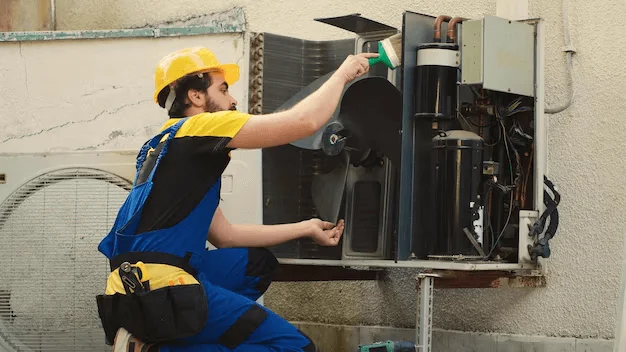
To grasp the considerations for determining the size of an air compressor required, we must first examine what these devices are and how they function.
Defining the Air Compressor – What is an Air Compressor?
An air compressor is like having a reliable partner that converts regular air into a powerful energy source. This flexible equipment serves as the foundation for a variety of applications, ranging from tire inflation to powering large industrial operations.
The beauty of air compressors is their capacity to store energy in a way that is both safe and quickly converted to mechanical labor.
How Does an Air Compressor Work?
The technique that is used is very interesting but at the same time very simple. Pump it up, let some air out, pump it again; this is exactly what the sophisticated air compressor does, only much tighter and with unprecedented pressure. The compressor draws in normal air from the atmosphere, which is 78% Nitrogen, and 21% Oxygen. This air is compressed into a smaller area, raising pressure and storing energy for future use.
To truly understand what is air compressor technology, let’s break down the science:
- Air Intake Phase
- The compressor pulls in the ambient air
- Air comprises around 78% nitrogen and 21% oxygen
- The atmospheric pressure is approximately 14.7 PSI at sea level
- Compression Phase
- Air molecules are forced closer together
- Temperature increases during compression
- Pressure builds up in the system
- Storage Phase
- Compressed air is held in a tank
- Pressure is maintained for later use
- Safety valves prevent over-pressurization
- Usage Stage
- Compressed air is released as needed
- Pressure regulators ensure a steady flow
- Multiple tools can run simultaneously
Recommended For Your Project
Types of Air Compressors – Which One is Right for You?
You should know that you’ve got options when picking out the right air compressor for your home.
Different Types of Air Compressors Explained
Let’s look at the primary sorts of air compressors you may encounter:
Reciprocating (Piston) Compressors
These are the most commonly used in home and small workshop applications. VEVOR’s product line comprises dependable piston compressors that are good value for DIY enthusiasts and professionals alike.
1. Single-Stage Compressors:
- Perfect for home workshops
- Ideal for light commercial use
- Compress air once
- Usually up to 150 PSI
- More affordable option
- VEVOR offers reliable models in this category
2. Two-Stage Compressors:
- Better for continuous use
- Compress air twice for higher pressure
- More efficient for heavy-duty applications
- Usually up to 175 PSI
- Longer lifespan
- Great for professional settings
Rotary Screw Compressors
Perfect for industrial applications requiring continuous operation. These are the manufacturing sector’s workhorses.
Ideal for industrial applications:
- Continuous operation capability
- More efficient at full capacity
- Lower maintenance requirements
- Higher initial investment
- Better for large-scale operations
Centrifugal Compressors
Suited for specialized industrial uses:
- Highest capacity
- Most efficient for very large operations
- Constant pressure output
- Significant initial investment
- Used in large manufacturing facilities
Portable vs. Stationary Units
For those wondering what size air compressor you need for air tools, consider:
1. Portable Compressors:
- Easy to move between locations
- Perfect for mobile work
- Usually smaller tank size
- Good for occasional use
- More versatile applications
2. Stationary Compressors:
- Higher capacity
- More powerful motors
- Larger storage tanks
- Better for dedicated workshops
- Ideal for consistent heavy use
Choosing the Right Air Compressor for Your Needs
Your choice depends heavily on your specific requirements. For home use, a VEVOR reciprocating compressor might be perfect, offering the right balance of power and affordability. For industrial applications, consider factors like:
- Required air pressure (PSI)
- Airflow needs (CFM)
- Duty cycle requirements
- Available space
What Are the Key Benefits of Using an Air Compressor?
If you’re wondering “What size air compressor do I need” or “How big of an air compressor do I need”, understanding all the perks can help you make a smart choice. Air compressors have several benefits, making them important in both professional and DIY situations.
Efficiency and Power Savings
Modern air compressors, especially newer models like those from VEVOR, offer impressive efficiency benefits:
- Lower energy consumption compared to individual electric tools
- Reduced operating costs over time
- More consistent power output
- Better performance in demanding applications
Versatility Across Multiple Applications
The adaptability of air compressors makes them invaluable:
1. Workshop Applications
- Pneumatic tools (nail guns, sanders, drills)
- Spray painting and finishing
- Tire inflation and maintenance
- Cleaning and dusting operations
2. Industrial Uses
- Assembly line operations
- Material handling equipment
- Quality control testing
- Manufacturing processes
3. Specialized Applications
- Medical and dental equipment
- Food processing operations
- Laboratory instruments
- Clean room environments
Enhanced Performance
- Consistent power delivery
- Greater torque for demanding tasks
- Faster operation than many electric alternatives
- Improved work efficiency
Important Features to Consider When Choosing an Air Compressor
When determining what size air compressor do I need, several key features deserve careful attention:
Key Factors to Evaluate
Before delving into individual air compressor types, it’s critical to grasp the key qualities that distinguish different units. These parameters will influence not just your compressor’s performance but also its compatibility with the applications you want to use it for.
Tank Size
An air compressor’s tank size plays a crucial role in your decision-making process. It has a direct impact on how much time you can use your air tools before the compressor needs to start up again. The right tank size depends largely on your specific usage patterns and requirements.
- Smaller Tanks (20-30 gallons)
Smaller tank compressors are ideal for intermittent use and provide excellent flexibility for various applications. These units are particularly well-suited for home workshops and smaller commercial operations. A 20-30 gallon tank provides sufficient air storage for most common applications while maintaining a reasonable footprint in your workspace. These tanks are perfect for users who need to power tools like nail guns, and small paint sprayers, or perform occasional tire inflation.
- Larger Tanks (60-80 gallons)
Large tank compressors are designed for continuous operation and professional applications where consistent air supply is crucial. VEVOR’s 80-gallon models, for example, represent the pinnacle of air storage capacity for most commercial applications. These larger tanks reduce the frequency of compressor cycling, which leads to less wear on the motor and more efficient operation. They’re particularly valuable in settings where multiple tools may be operating simultaneously or where high-volume air consumption is common.
Horsepower and PSI
Understanding the relationship between horsepower and pressure output is crucial for selecting the right compressor. These specifications work together to determine the overall performance capabilities of your unit.
Understanding Horsepower:
Horsepower ratings indicate the power output of a compressor’s motor, but more horsepower doesn’t always mean better performance. The efficiency of the compression mechanism and the quality of the parts play an equally important role. Different applications require different power levels:
PSI Considerations:
Pressure requirements vary significantly depending on your specific tools and applications. Understanding both maximum and working pressure is essential:
Maximum Pressure: Most home units provide 90-135 PSI, which is sufficient for common applications. Professional units can deliver up to 175 PSI, suitable for more demanding tools and continuous operation. Some specialized industrial applications may require even higher pressures.
Working Pressure: This is the pressure range where your tools operate most efficiently. Different tools have varying requirements:
- Nail guns typically need 70-90 PSI
- Paint sprayers usually require 40-60 PSI
- Impact wrenches work best at 90-100 PSI
- Sanders generally operates at 90-100 PSI
Oil-Free vs. Oil-Lubricated
Picking between oil-free and oil-lubricated compressors has an impact on maintenance requirements, longevity, and how well they fit different uses.
Oil-Free Compressors:
People like oil-free compressors because they need less upkeep and give out cleaner air. These devices are especially useful in places where air purity is critical, such as painting or medical settings. The lack of oil in the system removes the possibility of contamination and decreases maintenance requirements.
Advantages:
- Requires minimal ongoing maintenance
- Produces cleaner compressed air
- Ideal for painting and spraying applications
- Eliminates the need for oil changes
- Can operate in various positions
- Performs well in cold weather
Limitations:
- Generally produces more operational noise
- May have a shorter overall lifespan
- Typically limited to smaller sizes
- Operates at higher temperatures
Oil-Lubricated Compressors:
Oil-lubricated compressors are the traditional way to air compression, providing improved cooling and often longer operating life. These units are ideal for heavy-duty applications with continuous operation.
Advantages:
- Operates more quietly
- Provides better internal cooling
- Typically offers a longer service life
- Better suited for continuous operation
- Available in more powerful configurations
Limitations:
- Requires regular oil maintenance
- Must maintain level positioning
- Higher ongoing maintenance costs
- Potential for oil contamination in the air supply
How to Choose Based on Your Project Needs
For home use:
- 2-6 HP compressor
- 20-30 gallon tank
- 90-135 PSI range
For professional use:
- 5-10 HP compressor
- 60-80 gallon tank
- Up to 175 PSI capability
Common Misconceptions about Air Compressors

When looking into “what size air compressor I need” or “how large an air compressor I need”, you’ll run into a few misconceptions. Let’s clear up these myths with straightforward explanations.
Do Air Compressors Always Use a Lot of Energy?
Modern compressors, particularly VEVOR models, are surprisingly efficient. They only run when needed and use smart technology to minimize energy consumption. The initial investment often pays off through reduced operating costs.
Are Air Compressors Difficult to Maintain?
Not anymore! Today’s compressors require minimal maintenance:
- Regular drain valve checks
- Occasional filter cleaning
- Basic oil changes (for oil-lubricated models)
How to Maintain and Extend the Lifespan of Your Air Compressor
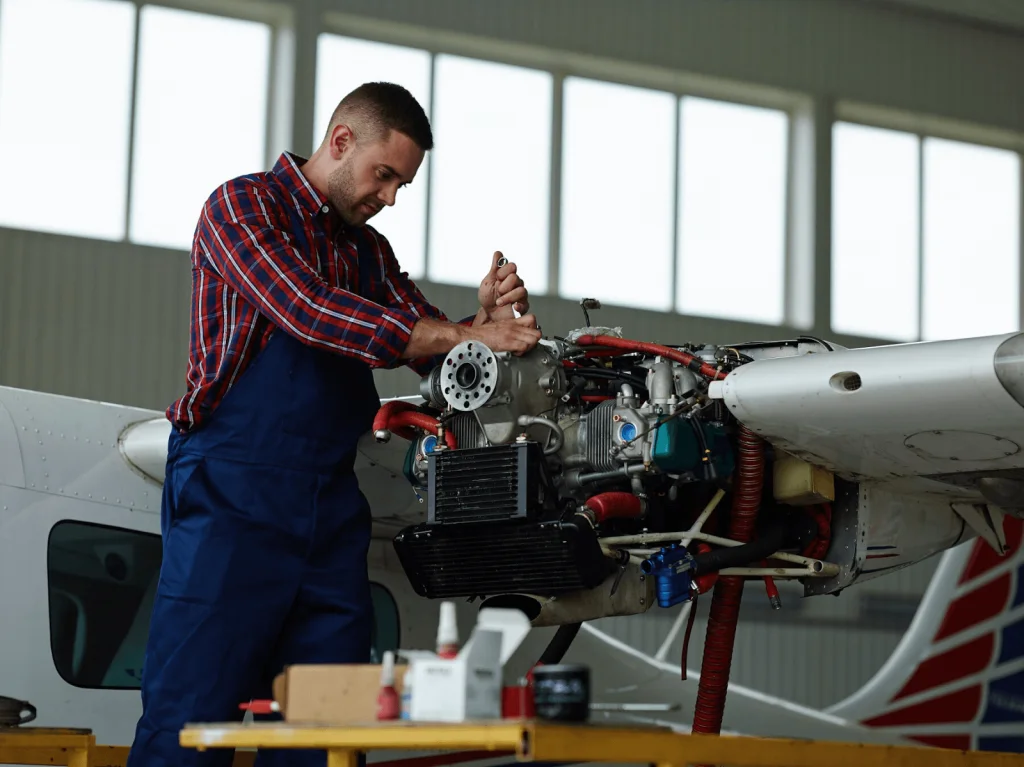
Good upkeep makes sure your purchase stands the test of time and works as it should.
Basic Maintenance Checklist
Daily tasks:
- Check oil level (if applicable)
- Drain moisture from the tank
- Inspect air filters
- Listen for unusual noises
Weekly tasks:
- Clean exterior
- Check belt tension
- Inspect safety valve
Long-Term Care for Your Air Compressor
Annual maintenance:
- Change air filters
- Replace oil (if applicable)
- Check and tighten fittings
- Inspect tank for damage
Why Choose VEVOR Air Compressor?
While many brands offer air compressors, VEVOR stands out for several compelling reasons.
Advantages of VEVOR Air Compressor
VEVOR stands out for several reasons:
- Excellent build quality
- Competitive Pricing
- Comprehensive warranty coverage
- Superior after-sales support
Key Features of the VEVOR Air Compressor Range
Notable features include:
- Ultra-quiet operation (as low as 86dB)
- Oil-free options for cleaner air
- High-efficiency motors
- Durable construction
Frequently Asked Questions about Air Compressors
Q. What is the Ideal PSI for Home Air Compressors?
A: Most home tools require 90-120 PSI. VEVOR’s home-use compressors give 90-145 PSI, which works well for most jobs.
Q. How Often Should You Service an Air Compressor?
A: For optimal performance:
- Basic checks: Daily
- Filter cleaning: Monthly
- Full service: Annually
- Oil changes: As recommended by manufacturer
Q. What size air compressor do I need for air tools?
A: It depends on the tools:
- Nail guns: 2-3 CFM
- Impact wrenches: 4-5 CFM
- Sanders: 6-9 CFM
- Paint sprayers: 10-15 CFM
When choosing an air compressor, consider:
- Your primary applications
- Available space
- Power requirements
- Budget constraints
Conclusion – Invest in the Best Air Compressor for Your Needs
It is important to select the correct air compressor for your requirements. Whether you are a homeowner wanting your first or second AC unit to occasionally cool your living or working space, or a professional needing it for business tasks, taking the time to assess your needs can lead to a good decision.
VEVOR is known for its quality and value, making it a perfect choice for air compressor buyers. Our variety means you can find what fits you, with solid support and warranty options available.
Remember, the best air compressor is not always the biggest or most expensive. It is the one that meets your needs and provides reliable service for years.

